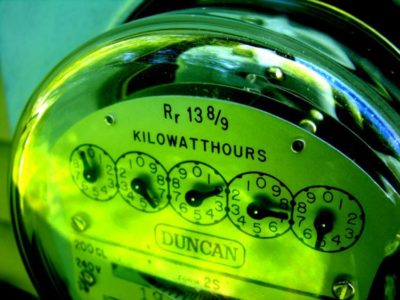Energy Conservation versus Profit?
A privileged observation
Energy Conservation can be at odds with Profit and overall performance of the building, so which one?
Let us briefly set the scene.
Picture a Conference room or function room, which has three solid form dividing  curtains to split the room into three sub rooms as such. One air conditioning unit, which serves the three zones, with electric reheats. The rooms have a given capacity of people to operate normally; the scene is that room one is filled to capacity, standing room only, and the other two rooms are occupied, but with spare people capacity.
curtains to split the room into three sub rooms as such. One air conditioning unit, which serves the three zones, with electric reheats. The rooms have a given capacity of people to operate normally; the scene is that room one is filled to capacity, standing room only, and the other two rooms are occupied, but with spare people capacity.
The conference manager is pleased his rooms have been sold and there is income.
The day starts well, no complaints, the snack food is good and the coffee is delivered from one of those noisy automated coffee machines.
All three rooms are becoming warmer and warmer.
Complaints begin around 10:00am, by 12:00 midday we have several people with headaches, and a cranky client.
The conference manager is not so happy, it’s mining client, and good profit for future business is now in doubt. Air conditioning companies are called; additional portable A/C units turn up and start work. The rooms cool as the load is dispelled and the conference manager is happy again.
Consider the financial Costs:
The Costs in this;
- Lease of the room to the owner of the building
- Sales cost to sell the rooms in the first place
- The staff serving the rooms
- The fixed air conditioning serving costs
- The fixed air conditioning energy costs
- The portable air conditioning delivery costs
- The emergency call out fees for the portable A/C
- The Energy the portable A/C
- Conference room Manager costs
- Coffee, food, etc
Would these costs have exceeded the income from the room?
Consider the indirect environmental Costs:
- Energy for portable A/C systems
- Energy (fossils fuels) in delivery of the Portable A/C
- Energy for fixed A/C (working at 100%)
In the writer’s opinion, it is likely that the financial costs for outweighed the income from this conference.
False Economies.
The costs would have crystallized in the energy consumption, so the business effectively paid good money to dump a few hundred Kg of CO2 into the atmosphere.
From the conference manager’s point of view, we would expect the argument he has saved the customer for another day; but has he/she:
- Do you really want this customer?
- Do you have the facilities to meet their needs?
- Are they likely to return anyway?
- What about the customers in the other two rooms, they were hot, yet not over occupied and valuable clients?
Behavior.
The manager reacted to the situation; he was under pressure and a genuine sense of urgency on his behalf.
The manager had the interests of both the conference room business and the client at heart.:
Would it have been cheaper, less stressful and consequently better for the reputation of the business not to have accepted the booking, or further inquire with the client to ensure the booking and the room was fit for purpose.
Did the manager loose the other two clients in the adjoining rooms, whom also felt the heat, but left early.
Conclusion
There are a few variables here open for discussion, but it’s not the technical detail or the actual costs I seek to bring to your attention. It’s the behavior and the consequence of that behavior for both the profit of the business and the environmental impact.
In this example, the manger had good intentions, but reactive, and consequently the short-term thinking likely to have been tremendous cost to the business reputation, environment and to the profit.
A direct relationship between behavior, energy consumption and profit. Our everyday behavior and daily decisions have an impact, although our motivations might be in the right place.
Do have any examples?
Nigel Wraight
Principle
Forte Asset Services



[…] asset, with or without moving parts. Asset Maintenance is imperative to keep costs low in both energy consumption and breakdown […]